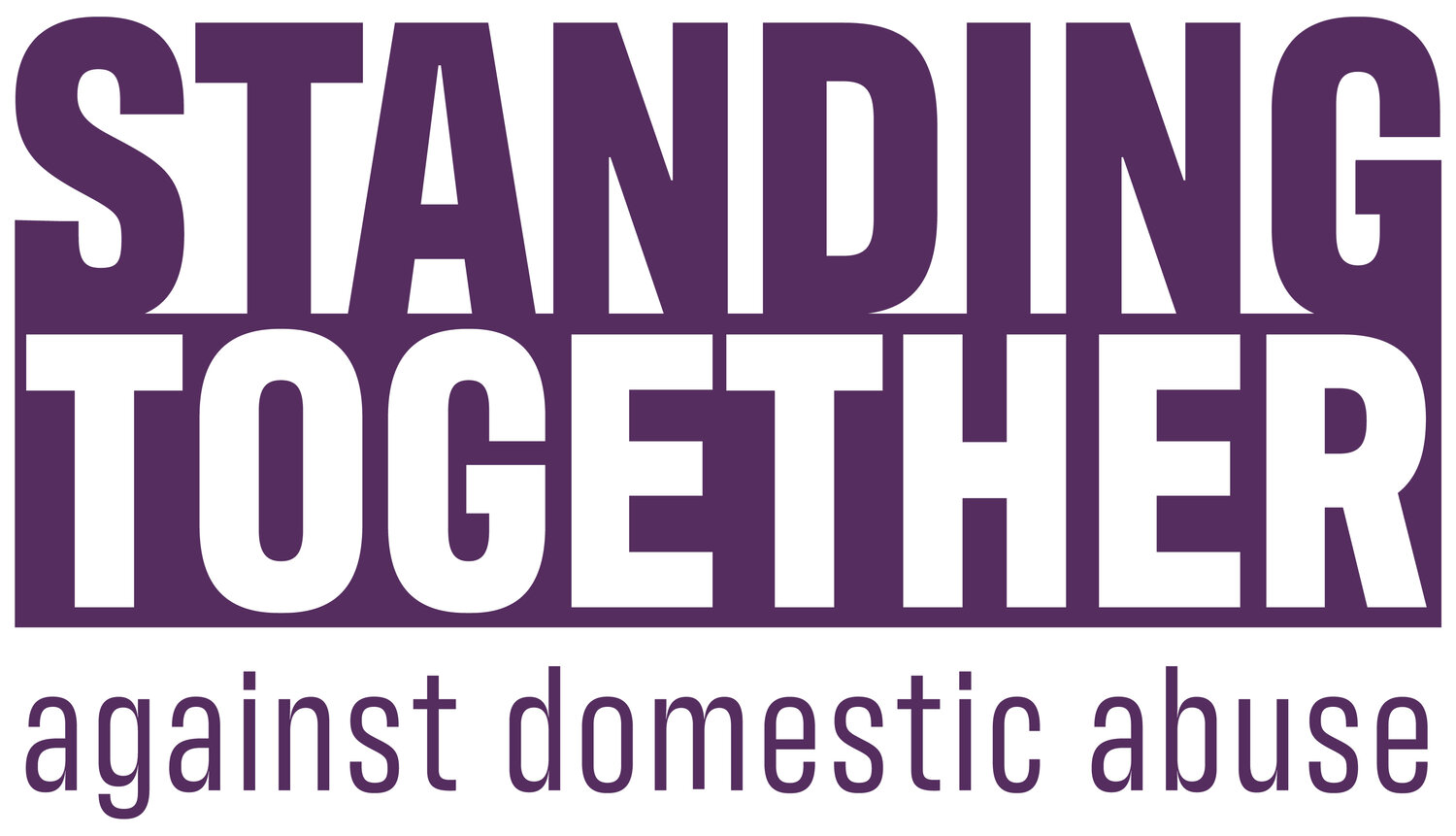Fixing a Broken System: Landmark Report Demands Action on Domestic Abuse
Standing Together’s Response to the Domestic Abuse Commissioner’s Report: Shifting the Scales: Transforming the Criminal Justice Response to Domestic Abuse
"All victims and survivors of domestic abuse, no matter who they are or where they live, deserve the option of a comprehensive, robust, and trauma-informed response from the criminal justice system that supports them to safety. This response should be equally strong in its aim to bring perpetrators to justice."
The publication of the Domestic Abuse Commissioner’s report marks a pivotal moment for the criminal justice system and the domestic abuse sector. Its findings highlight not only critical systemic failures but also an urgent need for a holistic approach that connects health, social care, and policy reforms to protect victim-survivors and tackle the root causes of domestic abuse.
The Government’s Manifesto Commitment
The Government’s manifesto promises to "Raise confidence in the police and criminal justice system to its highest levels" as part of its Safe Streets mission. This must be fulfilled by ensuring improved domestic abuse justice outcomes and the experience of victims. Domestic abuse represents a significant proportion of the justice caseload. The high levels of attrition in these cases highlight a clear need for systemic improvement. The Domestic Abuse Commissioner’s proposal for Specialist Domestic Abuse Courts (SDACs) offers a crucial step in addressing these challenges.
Key Findings and Recommendations from the report include:
Conviction Rates and Reporting Barriers: Only 1.7% of perpetrators of domestic abuse are convicted, with just 4.6% of reported cases leading to conviction. The low reporting rate of domestic abuse, under 20%, underscores a systemic failure to build trust with survivors, many of whom face fear of retribution, inconsistent police responses, and societal stigma.
Specialist Domestic Abuse Courts (SDACs): Standing Together strongly supports the re-establishment and sustained funding of Specialist Domestic Abuse Courts (SDACs). These courts provide a survivor-centred approach to justice and integrate trauma-informed practices. The reintroduction of SDACs and their integration with wider policy frameworks such as the Victims and Prisoners Act 2024 is vital in improving the criminal justice response to domestic abuse.
Coordinated Community Responses (CCR): A multi-agency response is critical to ensuring that no victim-survivor is left unsupported. By embedding Independent Domestic Violence Advisors (IDVAs) and other health professionals in police, court, and social care settings, we can ensure a more integrated and effective response. However, local variations in funding and commissioning highlight the need for a more consistent and well-supported approach.
The Role of the Victims and Prisoners Act 2024: The new legislation has the potential to strengthen criminal justice agencies’ understanding of the vital role of specialist support services, such as IDVAs and Independent Sexual Violence Advisors (ISVAs). This, in turn, will improve the identification of unmet support needs through mechanisms like Joint Strategic Needs Assessments.
The SDAC Model in Action: Standing Together coordinates two SDACs in West London: the Specialist Domestic Abuse Court (SDAC) at Hammersmith and the Dedicated Domestic Abuse Court (DDAC) at Westminster. These courts are exemplar models of how multi-agency collaboration can work effectively. As revealed in our national mapping exercise, challenges remain, such as inconsistent communication with HMCTS and a lack of mechanisms to maintain partnership working. These gaps often result in siloed efforts that undermine the potential of SDACs to deliver sustainable outcomes.
Perpetrator Accountability: The report highlights the 98% reoffending rate among high-risk offenders, underscoring the urgent need for quality-assured perpetrator behaviour-change programmes. Such initiatives, alongside community-based interventions, can disrupt the behaviours of abusers and contribute to reducing long-term strain on health and criminal justice systems.
Health-Driven Approaches and Trauma-Informed Support
The report also stresses the need for trauma-informed practices and stronger collaboration between health services and the criminal justice system. Survivors often first disclose abuse to health professionals, which underscores the importance of integrating trauma-informed health services into the wider criminal justice framework. This would support survivors through early intervention, mental health care, and other essential services that facilitate their recovery and ensure their safety.
Embedding Domestic Abuse as a Policy Priority
Domestic abuse is a public health crisis and should be treated with the same urgency as terrorism or organised crime. Policy reform must mandate consistent data collection, cross-sector training, and the prioritisation of domestic abuse within statutory responses, ensuring long-term, systemic change. This collaborative approach, as outlined in the Victims and Prisoners Act 2024, is essential to provide a seamless, holistic support system for survivors while holding perpetrators fully accountable.
A Call to Action
The Government must seize this moment to act decisively, investing in reforms that deliver safety, justice, and hope for all victim-survivors of domestic abuse. The Domestic Abuse Commissioner’s report offers a transformative vision, and its recommendations must be implemented with urgency, collaboration, and cross-departmental government action. By aligning health, criminal justice, and policy reforms, we can build a future where victim-survivors are safe, supported, and empowered, and where perpetrators are held fully accountable for their actions.
Cherryl Henry-Leach, CEO of Standing Together shares,
This report shines a much-needed spotlight on the systemic barriers that victim-survivors of domestic abuse face when seeking justice. It provides a clear and ambitious roadmap for reform, one that we at Standing Together fully support. To address domestic abuse effectively, we need a coordinated community response that prioritises survivor safety, challenges systemic inequalities, and holds perpetrators accountable. The time for meaningful action is now.
